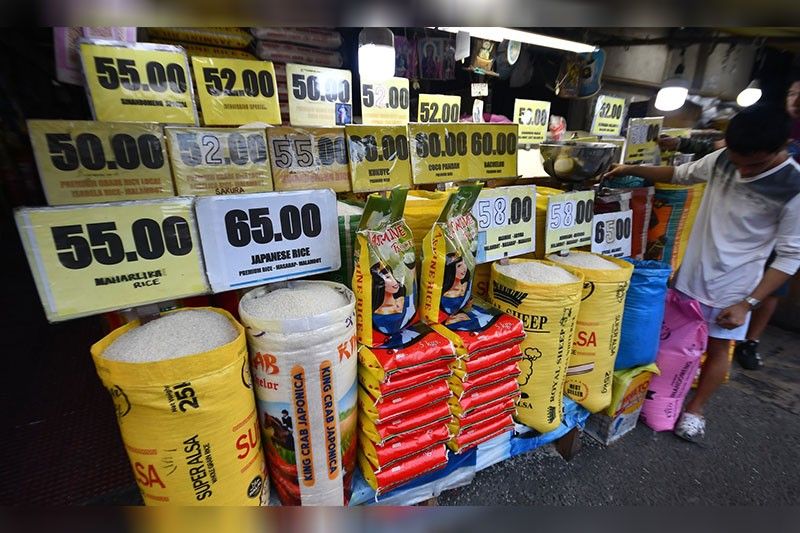Government urged to eliminate rice cartels, smugglers

MANILA, Philippines — Has anyone who violated our laws against cartels and the smuggling of agricultural and fisheries products ever been punished?
Makati City Mayor Abby Binay posed this question as a challenge to the government to take more aggressive action against individuals and businesses engaged in rice cartels and smuggling to protect the public from price manipulation in the market.
“With all the laws we have when it comes to cartels and profiteering, why is it that no one has been jailed yet? Even smugglers, when caught, are not shown to the public, they’re not exposed. They just say they’ll blacklist them... But the question is, have we ever seen anyone punished as an example?” she said in Filipino over radio dzBB.
The senatorial aspirant also warned that syndicates behind the rice cartels will persist in manipulating the market price of rice and other agricultural goods “if the government cannot show how serious it is in enforcing the law.”
On Jan. 20, the price of imported rice increased to P58 per kilo despite the tariff cut and the lower global prices, prompting the government to propose a national food security emergency declaration.
Though the government’s plan to declare a national food security emergency would help address the surge in retail prices of rice, Binay said “it would offer only temporary relief if middlemen were not eliminated altogether.”
The mayor recommended the government to “buy rice stocks from local farmers and release their buffer stocks, without going through middlemen,” citing the Food Terminal Inc. (FTI), which previously bought and consolidated rice and other produce directly from farmers, eliminating the need for them to find buyers on their own.
Last year, President Marcos signed the Anti-Agricultural Economic Sabotage Act into law, which imposes severe penalties on offenders, including fines of up to five times the value of smuggled or hoarded agricultural or fishery products and life imprisonment if proven guilty.
Agricultural products covered by the AGES law include rice, corn, beef and other ruminants, pork, poultry, garlic, onions, carrots, other vegetables, fruit, fish, salt and other aquatic products in their raw state.
- Latest
- Trending




























